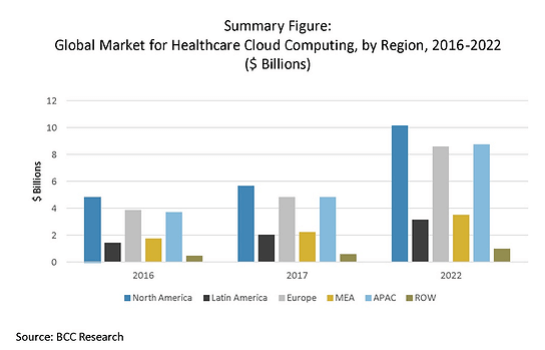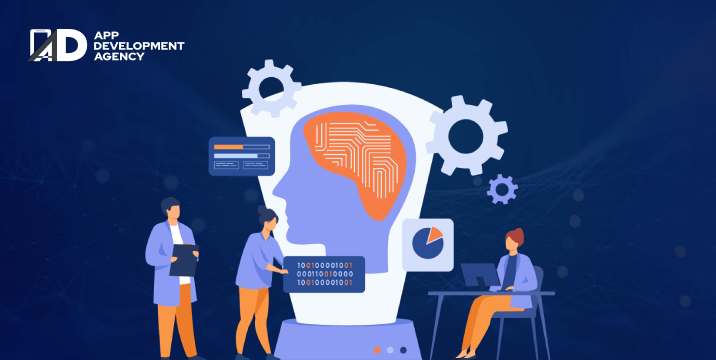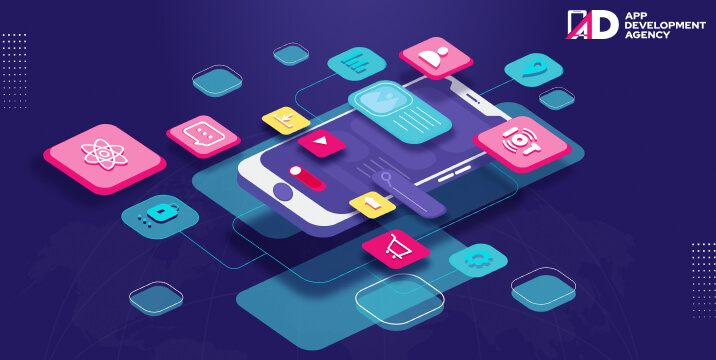Healthcare industry is stepping up by the day with every new advancements in E-consultations, real-time diagnosis, telemedicine, AI enabled robot systems to do routine unskilled tasks, accessing digital therapeutics provided by immersion technology tools. Healthcare industry data flows from operations to analysis. It eventually has to abide by a structure to store critical information about patient health and health system operations, planning, and patient billing. All this data is in form of workflow that patients are using. Genetic analysis, big data, clinical data storage enable the development of precision medicine.
Large volumes of data cannot be sidelined, or ignored for that matter. Therefore an increasing number of healthcare providers are resorting to cloud computing. And there are lot many reasons why this trend is ramping up rapidly. Cloud computing in healthcare can be deployed as Software as a Service, Infrastructure as a Service, and Platform as a Service. These deployment models can either be private, community, public, or hybrid.
According to Marketsandmarkets’ research, the overall market for healthcare analytics is expected to reach $75.1 billion by 2026 and is projected to reach $89.4 billion by 2027.
According to BCC Research, the global market of cloud technologies in healthcare is expected to reach $20.2 billion in 2017 to $35 billion in 2022 (at a CAGR of 11.6%). This makes almost 83% of the healthcare industry uses the cloud for business operations.
According to a report by Enterprise Cloud Index by Nutanix, almost 27% of heathcare companies are running on non-cloud data centers and business systems. The future of healthcare will be set on hybrid cloud.
aaaa

(Source)
Healthcare IT costs are high because the nature of medical applications like treatment history and patient records, require large amounts of storage that constantly scale up with additional layers of data on a daily basis. Therefore healthcare organizations need to continuously add to their storage and server assets.
Cloud technologies can help in reducing medical errors. It helps medical practitioners access information as and when needed. It eradicates the lack of interoperability between systems and devices which leads to a lack of coordination and clarity among medical procedures.
Cloud for healthcare offers trusted, integrated capabilities to make for easier and improved healthcare experiences. These services deliver secure customized experiences that engages patients through every point of care. Such services helps alleviate provider burnout by automatically documenting patient encounters at the point of care. They manage the team with tools that help them provide the best possible care. It enables faster documentation with accurate, virtual assistant capabilities, and responsive dictation. It helps get insights to improve patient care by connecting data and using predictive analytics to identify clinical trends. Cloud computing in healthcare helps organisations protect and govern sensitive health data across devices, systems, apps, and cloud services.
Cloud computing enables scaling of shared assets. It reduces cost barriers enables realizing the benefits of new architectures considering flexibility and cost. Storing healthcare data on cloud helps customizing the applications for different constituents because configurations are modelled in the database rather than in the application. This helps collaborating across application. Also, the ability to generate multiple end-user interfaces across a single database supports collaboration across departments when access to a patient record is required by different specialists or administrators. But the migration of data from internal data centers to the cloud services can be complicated depending on the systems involved.
Cloud computing improves the quality, safety, and efficiency of medical services to serve patients and families in a much better way. It also takes care of patient security and privacy. It is the practice of implementing remote servers and storing patients’ medical details so that they can be accessed as and when required. Storing data on cloud servers is easy, and convenient. It does not require physical servers, thus saving space. This way doctors and patient’s family members can access the information when they require it. They provide:
Cloud computing in healthcare helps medical institutions in reducing costs, enhance privacy, and facilitate better patient care by sharing records as and when required. It automates backend operations, facilitates the creation and maintenance of telehealth apps. The entire process makes it easier to operate with data, helps products enter the market quickly, makes healthcare services more accessible, improves the interaction between clients and patients, and improves the collaboration of medical staff.
Remote collaboration corresponds to remote patient care. Doctors can take better care of their patients by regularly monitoring them.
Cloud computing supports the transition of AI into healthcare operations by helping users manage massive amounts of data. Interoperability between connected medical devices and the systems that store patient data. The cloud servers get health data from devicesthat check skin temperarture, perspiration sensors, heart rate monitors, glucose monitors, holter monitors, monitor’s patient’s vitals in real time for analysis. Simultaneously, medical healthcare takes care of diagnostics of cardiac conditions and developing pathologies like atrial fibrillation, monitoring of patient’s with prediabetes, complex diagnostics of neurological conditions, blood coagulation monitoring.
Google Cloud is one of the best HIPAA compliant cloud storage services that allows the organizations to sync and store their data on an online server. It allows users to share data with each other through the server.
Improved agility and lower costs is leading top cloud computing companies to a broad adoption of cloud computing. Security specialists see significant risk in the deployment of the different cloud computing services. Sometimes organizations use security toolkit to evaluate and address their cloud computing security and for understanding security provisions. Some of the potential challenges of cloud computing in healthcare include organizational inertia, user’s distrust of provided security and privacy, loss of data governance, and poor safety standards. But, it is highly likely that once these challenges surface, they do not reoccur as medical institutions take all their might to eradicate the possibility of reoccurrence.

Instagram suggests reels based on what you’ve watched before, but how does it decide what to suggest? Using machine learning algorithms, Instagram determines which reels a user should engage with based on which reels they have interacted with previously and whether they have been in contact with the creators. Machine learning (ML) is the branch …
Read More
JavaScript frameworks like React, Angular, Vue, Svelte and JS templating engines like Template 7, Squirrelly, JSRender, Jade Language, Marko, Hogan, Webix, Pug, Underscore, Nunjucks, EJS, doT, Handlebars, and Mustache offer simple templates to give developers a starting point and let them go over that first bump of getting something, anything in the browser. Once that …
Continue reading “ReactJS for IoT Apps in 2023 and Beyond”
Read More
When you think of NFTs, digital art and collectables probably come to mind. We’ve smashed the digital barrier to creating multiple types of NFTs that give sports and live event fans a one-of-a-kind experience. These are all about novelty and collectability. The Paradoxical Intention We can mint NFTs with a mixture of digital and physical …
Continue reading “Acing White Label NFT Marketplace Development”
Read More